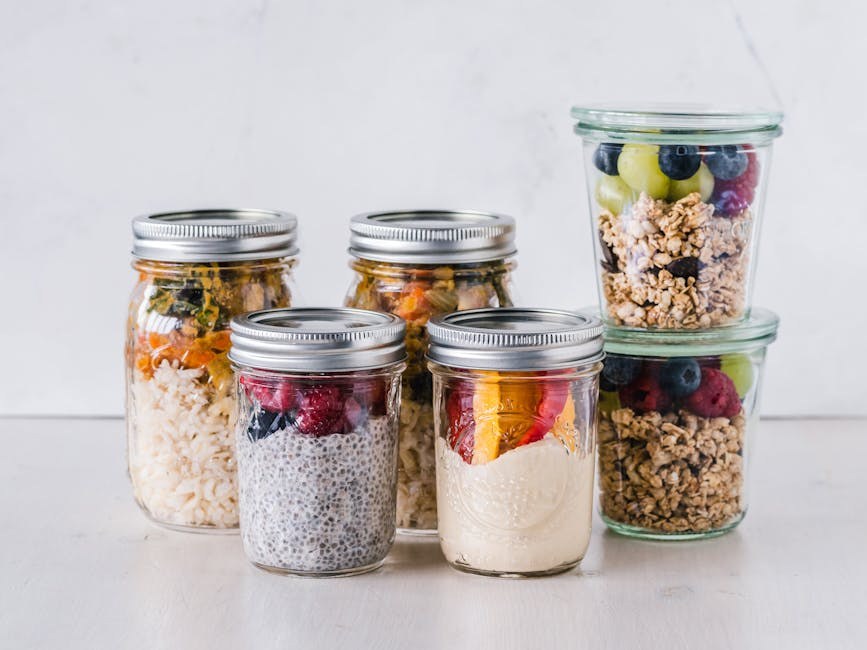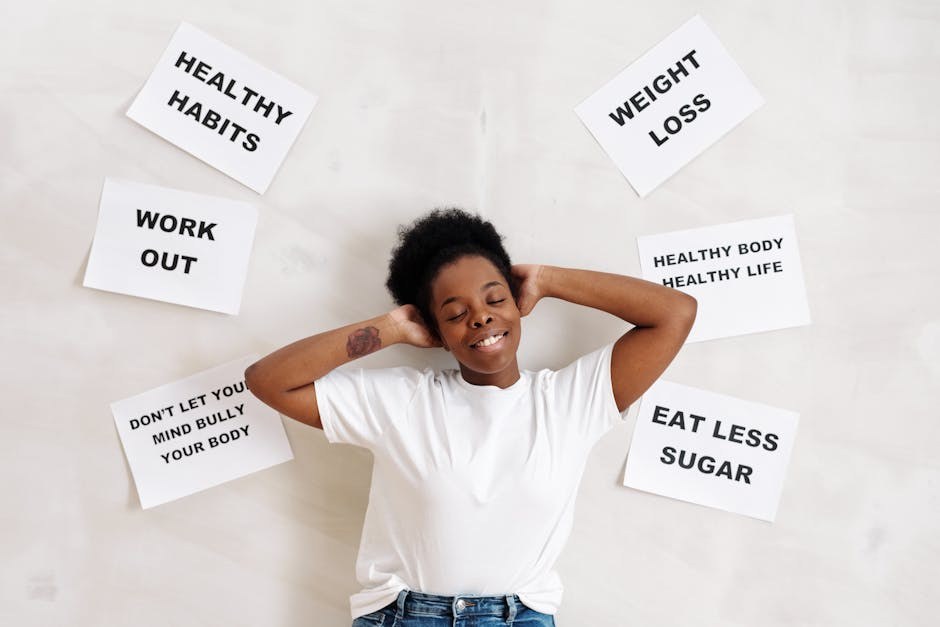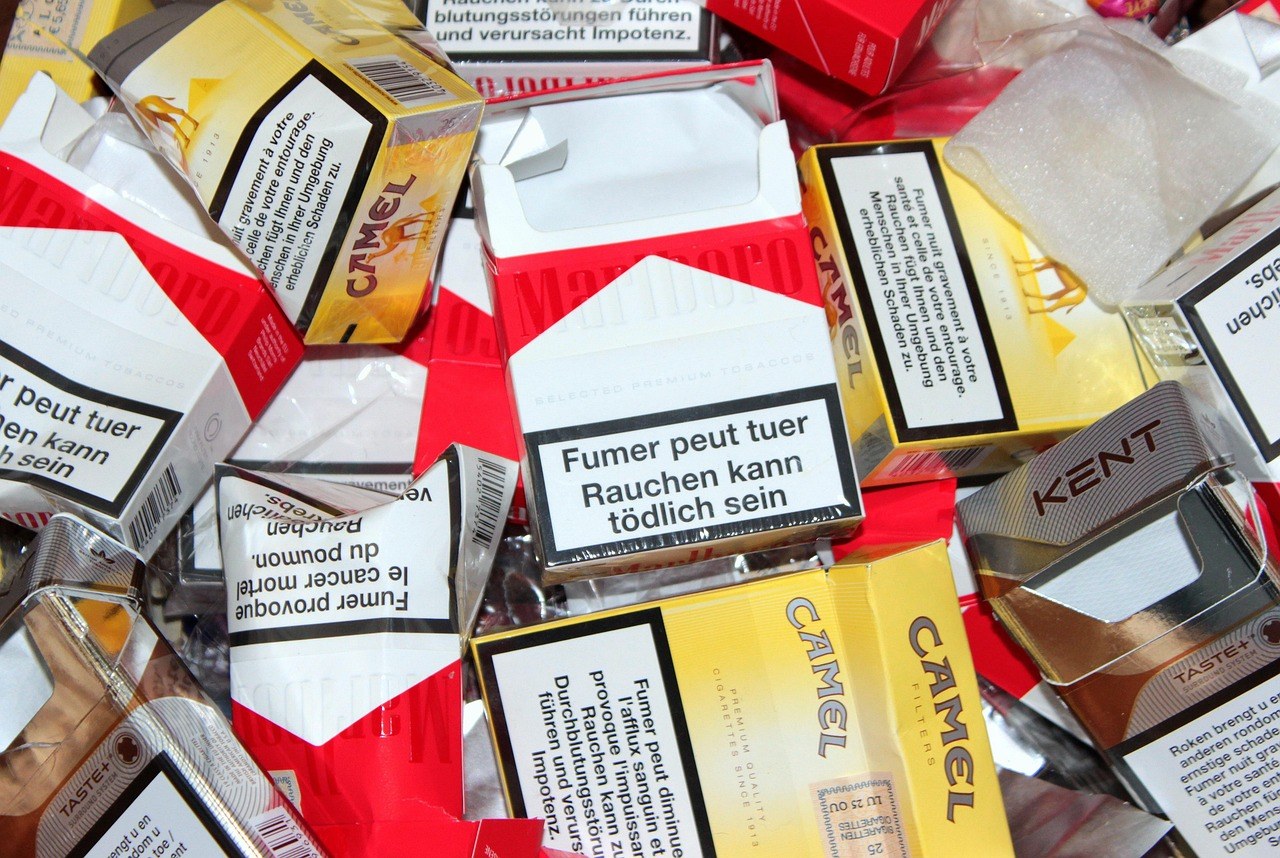Almost everyone spends time searching for a true partner – someone who understands the unfiltered version of you, laughs at your worst jokes, and stands beside you when life gets loud. Sometimes that person is already in your orbit. If the idea of dating your best friend has been hovering at the edge of your thoughts, you’re not alone. The familiarity you share can feel like a ready-made foundation, yet the very closeness that tempts you can also make the step feel risky. This guide reframes the question with care, offering clear signs to watch for, the upsides and pitfalls to weigh, and practical ways to move from friendship to romance without losing yourself – or each other.
Could your closest companion be “the one” hiding in plain sight?
Whether you’ve already noticed a spark or you’re simply curious, it’s useful to consider how your dynamic looks through a romantic lens. Below are nuanced indicators that the connection may be deeper than standard friendship. Keep an open mind: reading these signs isn’t a contract – it’s a mirror.
Signals that your friendship may be more than platonic
Your circle keeps nudging. Friends ask when you two are finally getting together, half-joking yet absolutely convinced. They sense chemistry you might be downplaying – or not ready to name.

Touch and teasing linger. Hugs stretch a beat longer, your hand ends up on their shoulder while you talk, and the banter slides into playful flirting. For many, that’s where dating your best friend quietly begins.
Big-picture alignment shows up naturally. You’ve vented about life goals, values, and deal-breakers and discovered you land on the same side of the fence, especially around relationships.
Daily check-ins feel essential. Your day seems unfinished until you’ve swapped stories, memes, or quick updates – and you both notice the void if it doesn’t happen.

Comfortable quiets. You can sit together in silence without scrambling for filler. Being near them is enough – a sign that dating your best friend might feel like home rather than a performance.
Care extends to their people. You remember their sibling’s exam date or their parent’s appointment and sincerely care how it goes. Investment in each other’s world runs deep.
Shared joy comes easily. Even on rough days, you help each other laugh and exhale. Lightness arrives quickly when you’re together.

You read each other almost telepathically. You finish sentences, clock moods without asking, and feel oddly incomplete when they’re not around – a nudge toward dating your best friend with intention.
Wins and losses feel mutual. Their job interview butterflies flutter in your stomach; their success feels personal, too.
Acceptance is unconditional. You know the messy bits and adore them anyway – and they extend the same grace to you.
They’re your favorite topic. You bring them up to other friends without trying – praising their wins and retelling their stories like they’re your own.
No need for a façade. You show up as you are – messy bun, hoodie, unfiltered opinions – and feel more at ease with them than anyone else.
Deep knowledge runs both ways. You’ve exchanged secrets, quirks, and history. There’s trust – not just familiarity – and that’s the soil where dating your best friend can grow.
You’re willing to trade comfort for their comfort. Six hours of their favorite series? You’ve done it – and they’d return the favor without keeping score.
Their family treats you like a regular. You’re invited to Sunday plans, greeted by first name, and folded into gatherings as if you already belong.
Trust is rock-solid. You’d hand them your most personal truths and never worry. They mirror that trust back.
Looks matter less than presence. You’re fine seeing each other in sweatpants, but you also notice – and appreciate – when the other makes an effort.
Why the leap can be worth it
Turning friendship into romance isn’t effortless, but a lot of crucial groundwork is already done. Here’s what often makes dating your best friend appealing.
The foundation is sturdier. Loyalty, respect, and emotional intimacy aren’t hypotheticals – they already exist, which boosts your chances of longevity.
Future talk isn’t a minefield. You’ve discussed marriage, careers, or travel plans in casual settings. If your trajectories align, you can plan with fewer unknowns.
Fewer rude surprises. You likely know each other’s relationship past – the highs, the lessons, even the missteps – so you’re not bracing for hidden history.
The awkward stage shrinks. You’ve already met friends and family and learned each other’s quirks, so you can focus on building romance rather than decoding basics.
Shared history deepens the bond. Milestones you’ve navigated together – graduations, moves, family events – become the spine of “our story.”
Conversation never runs dry. Common interests brought you together in the first place – a strong buffer against first-date small talk fatigue.
Unspoken heartache is avoided. Keeping feelings buried can turn into regret if they end up with someone else. Naming the truth can be an act of bravery – and relief.
What could go sideways
Every choice has stakes. Before embracing dating your best friend, reflect on the potential downsides with equal honesty.
The friendship could change permanently. The biggest fear is real – a breakup might make going back difficult. Only you can decide if the risk matches the potential reward.
Feelings might be uneven. You could misread signals. If you put your heart on the table, prepare to handle discomfort with grace if they don’t feel the same.
Casual may not cut it. Turning friends into “something” often requires clarity – a situationship risks both hearts and the friendship’s stability.
Novelty may be limited. You’ll skip the mystery of learning a brand-new person, which some people find exciting – consider how much you value that spark.
You might lose a sounding board. If your go-to advisor becomes your partner, who plays that objective role when relationship questions arise?
Group dynamics are at stake. If you share a friend circle, a breakup could ripple outward – choosing sides, awkward invites, mixed loyalties.
Sex can reset the chemistry. Physical intimacy isn’t casual when emotional intimacy is already deep – it can intensify connection or complicate it.
Jealousy could sting. If they don’t reciprocate – or later date someone else – can you tolerate that reality while staying connected?
How to decide – with a clear head and steady heart
Clarity is an act of care. Use the prompts below to examine your motives and readiness for dating your best friend before you act.
Check your “why.” Choose this path because affection and compatibility are present – not because dating apps feel exhausting or options seem scarce.
Imagine both outcomes. If romance fizzles, can you return to friendship? Do either of you stay friends with exes? Your tolerance for ambiguity matters.
Test the waters indirectly. Lightly explore their views on compatibility: “What makes a relationship work long term? Do you think two close friends could?” This isn’t manipulation – it’s gentle data gathering.
How to say it – without blowing up the friendship
Confession doesn’t require a grand speech. The aim is to be kind, honest, and specific about what changes – and what you want to protect – if you start dating your best friend.
Accept any result before you speak. Run both scenarios – a yes and a no – all the way through. If you can respect either outcome, you’re ready to talk.
Choose your channel thoughtfully. Text can remove pressure and allow reflection; face-to-face offers body language and warmth. Pick the option that helps you be clear.
Time it with care. Avoid work stress, crowded spaces, and split attention. Aim for calm – at home, on a quiet walk, or somewhere you both feel safe.
Invite a low-stakes first step. You can skip a heavy confession and simply ask, “Would you like to go to dinner as more than friends?” It’s direct without overwhelming.
Don’t script every syllable. Over-rehearsing can make you sound wooden. Use the word “date” so there’s no confusion, and let the rest be human.
Give breathing room. If they say yes, resist over-texting right away. Let excitement build without crowding the moment.
Hold yourself steady if it’s a no. Affirm the friendship’s value, keep routines as normal as possible, and give both of you space to recalibrate.
How to navigate the early days once you’re officially together
Congratulations – you’re trying dating your best friend. Now the focus shifts from “Should we?” to “How do we do this well?” These early practices help.
Expect real, not perfect. Excitement can skyrocket, but doubts may pop up, too. Stay open to both – curiosity beats rigid expectations.
Resist the urge to sprint. You don’t have to declare everything on social media or rush physical intimacy. Move at the pace that honors the friendship and the new romance.
Create deliberate romance. Shift the vibe: set a table with candles, plan a thoughtful outing, or explore a new neighborhood together. Rituals help the relationship feel distinct from the friendship.
Avoid friends-with-benefits ambiguity. If commitment is your goal, say so clearly. With dating your best friend, clarity protects the bond you both value.
Check in regularly. Ask simple questions: “How is this feeling for you?” “Anything we should adjust?” Gentle course corrections keep small snags from growing.
Are best friends actually better partners?
There’s a strong case for yes. Research has suggested that a large share of couples first knew each other as friends – one study even pointed to a figure around 68%. More importantly, couples who treat their partnership like a friendship – prioritizing respect, care, and teamwork – tend to weather both short-term challenges and long-term shifts with more stability. None of this guarantees success, of course, but it does validate the instinct behind dating your best friend: the friendship you’ve already built can be an engine for resilience.
Practical scripts and prompts
Words matter when you’re moving a delicate line. If you want language that’s clear yet gentle, consider these adaptable templates for dating your best friend without drama.
Soft open: “Lately I’ve wondered what we’d be like as more than friends. No pressure – I wanted to be honest because our friendship matters to me.”
Direct ask: “I’d like to take you to dinner as a date. If you’re not into it, we’re okay – I respect our bond either way.”
Boundary-forward yes: “I’m excited to try this, and I’d like us to move at a comfortable pace. Can we check in next week about how it feels?”
Graceful no (if you’re on the receiving end): “I care about you deeply, and I’m not in a place for romance. I’d love to keep our friendship strong if that works for you.”
Common pitfalls – and how to avoid them
Even well-matched couples can snag on avoidable issues. Here’s how to sidestep typical trouble when dating your best friend.
Assuming mind-reading still works. You’ve always “just known” what the other needs, but romance changes context. Speak needs out loud – don’t rely solely on intuition.
Letting the old dynamic swallow the new one. If you only hang out like before, the relationship won’t shift. Intentionally add novelty – different settings, topics, and rituals.
Dodging conflict to “protect the friendship.” Avoidance erodes trust faster than disagreement. Argue kindly, repair quickly, and remember you’re on the same team.
Neglecting individual lives. Closeness can become cocooning. Keep friendships, hobbies, and solo time intact – the healthiest version of dating your best friend includes room to breathe.
If the answer is “not now”
Timing matters. Maybe they’re focused on a move, school, or a demanding job; perhaps you need to explore on your own for a while. Pressuring a timeline works against the spirit of dating your best friend. If you both value the connection, you can revisit the conversation later with more clarity and less urgency.
Final thoughts
There’s no guaranteed way to rewind a friendship to its earlier setting if romance doesn’t last – the risk is real. Yet the possibility of a relationship built on profound trust and everyday delight is compelling. If dating your best friend feels like an honest step rather than a convenient shortcut, weigh the signs, speak from a grounded place, and move gently. When the late-night laughter, the deep comfort, and the shared values point in the same direction, your closest confidant may also be the partner who fits your life – not because it’s effortless, but because it’s real.